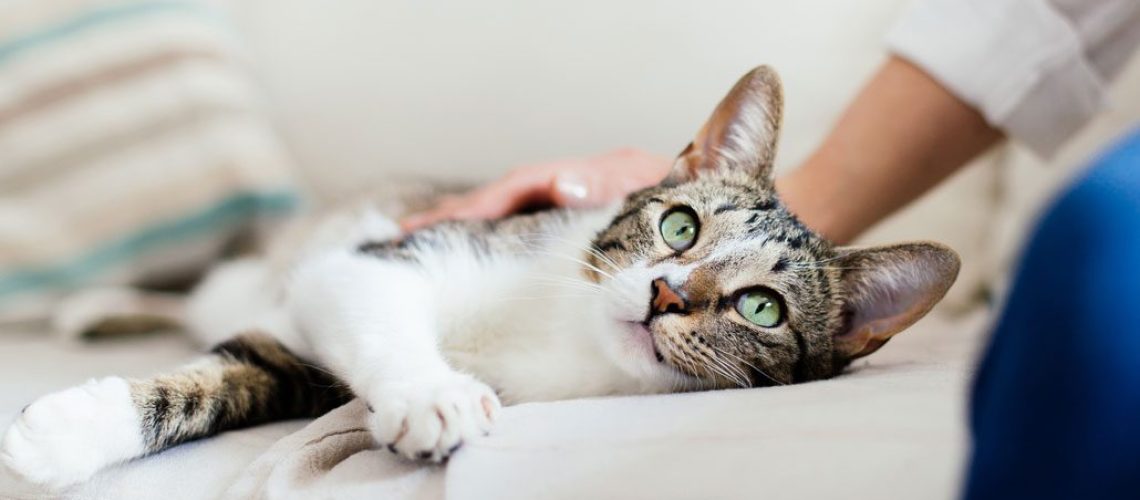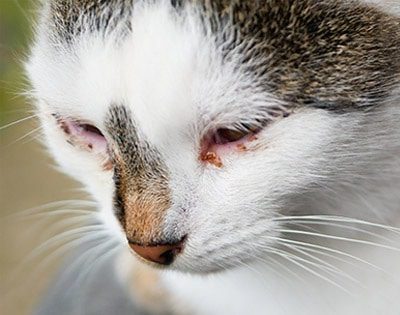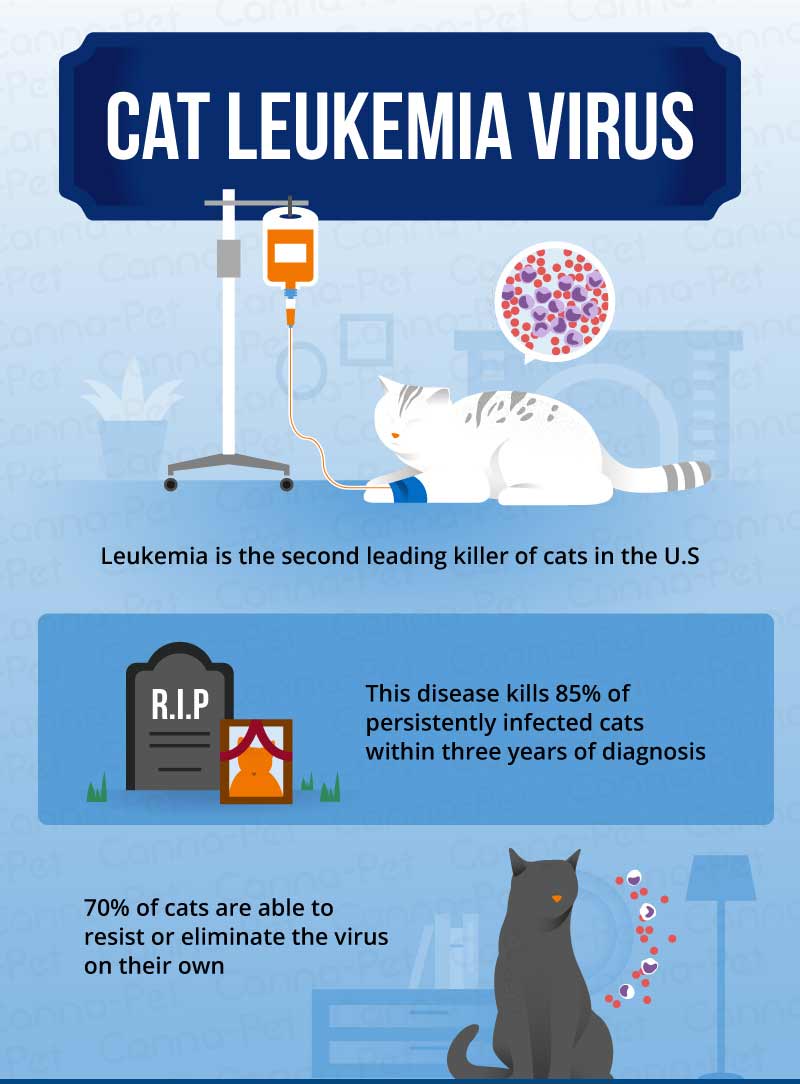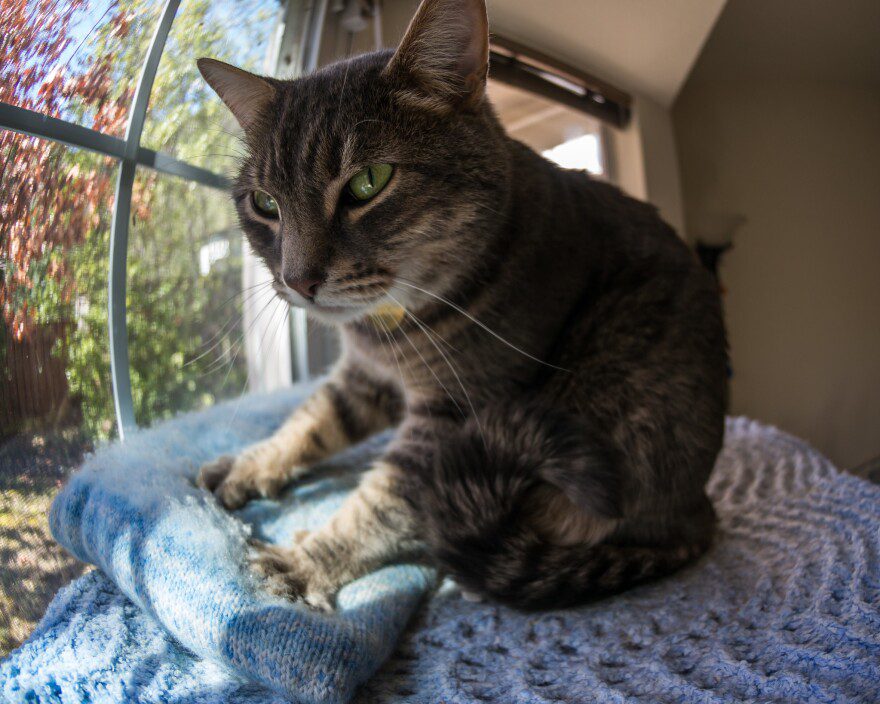Are you a cat lover? Do you want to ensure the health and well-being of your furry feline friend? Then, get ready to dive into the fascinating world of Corona and Cats! In this article, we will explore everything you need to know about Coronavirus in cats, shedding light on a topic that is crucial for any responsible pet owner. By understanding the ins and outs of this virus, you can take proactive steps to keep your beloved cat safe and healthy. So, whether you're a seasoned cat owner or just starting your journey with these adorable creatures, this article is packed with valuable information that will empower you to make informed decisions. Get ready to unravel the mysteries surrounding Corona and Cats - knowledge that will not only protect your furry friend but also bring peace of mind to your heart.
Key Takeaways:
- Cats can contract and spread the coronavirus, but it is rare.
- The main source of infection for cats is close contact with an infected human.
- Most infected cats show mild symptoms or are asymptomatic.
- There is no evidence that cats can transmit the virus to humans.
- Preventive measures such as good hygiene and limiting outdoor exposure can reduce the risk for cats.
What is the coronavirus and how does it affect cats?
Understanding the Coronavirus
The coronavirus is a type of virus that can cause illness in animals and humans. It primarily affects the respiratory system, causing symptoms such as coughing, sneezing, and difficulty breathing. In cats, the coronavirus can lead to a condition called feline infectious peritonitis (FIP). FIP is a serious and often fatal disease that affects the internal organs of cats.
How Cats are Affected
When a cat becomes infected with the coronavirus, it may not show any symptoms initially. However, in some cases, the virus can mutate and develop into FIP. Cats with FIP may experience weight loss, fever, jaundice, diarrhea, or fluid accumulation in their abdomen or chest. Unfortunately, there is no cure for FIP at this time.
It's important to note that not all cats who contract the coronavirus will develop FIP. Most cats can fight off the virus on their own without any long-term effects. However, if you suspect your cat may have been exposed to the coronavirus or is showing symptoms of illness, it's best to consult with a veterinarian for proper diagnosis and treatment options.
Can cats spread the coronavirus to humans?
The Risk of Transmission
While there have been rare instances of pets testing positive for COVID-19 (the specific strain of coronavirus that affects humans), there is currently no evidence to suggest that cats can spread the virus to humans. The primary mode of transmission for COVID-19 is through close contact with an infected person.
Precautions to Take
To be on the safe side, it's always a good idea to practice good hygiene when interacting with your cat or any other pet. Wash your hands thoroughly before and after handling your cat, especially if you or someone in your household has been diagnosed with COVID-19. Avoid close contact with your cat if you are feeling unwell, and consider wearing a face mask to reduce the risk of respiratory droplets spreading.
Remember, the risk of cats transmitting the coronavirus to humans is extremely low. It's more important to focus on taking care of yourself and following proper hygiene practices to prevent the spread of COVID-19.
How can I keep my cat safe from the coronavirus?
Indoor Cats
If you have an indoor cat, they are already at a lower risk of exposure to the coronavirus compared to outdoor cats. However, it's still important to take precautions. Limit their interactions with people outside your household and avoid having visitors who may have been exposed to COVID-19.
Hygiene Practices
Maintaining good hygiene practices can help keep your cat safe from any potential virus transmission. Wash their food and water bowls regularly with soap and warm water. Clean their litter box daily and wash your hands thoroughly afterward. If you use a communal area for walking your cat outdoors, make sure to clean it frequently as well.
Veterinary Care
Regular veterinary check-ups are essential for keeping your cat healthy. If you have any concerns about their well-being or suspect they may have been exposed to the coronavirus, contact your veterinarian for guidance. They can provide advice specific to your cat's needs and help address any health issues that may arise.
By following these guidelines and staying informed about the latest information on COVID-19, you can do your part in keeping your furry friend safe during these uncertain times.
What are the signs that a cat might have the coronavirus?
Symptoms of Feline Infectious Peritonitis (FIP)
FIP is a serious disease that can develop in cats who have been infected with the coronavirus. The symptoms of FIP can vary depending on which organs are affected but may include:
1. Weight loss and loss of appetite
2. Fever that doesn't respond to medication
3. Jaundice (yellowing of the skin and eyes)
4. Diarrhea
5. Difficulty breathing or rapid breathing
6. Fluid accumulation in the abdomen or chest
If you notice any of these signs in your cat, it's important to consult with a veterinarian as soon as possible. They will be able to perform tests and provide a proper diagnosis.
It's worth noting that these symptoms can also be indicative of other health issues, so it's essential to seek professional veterinary advice for an accurate assessment.
Is there a cure for cats with the coronavirus?
Treatment for FIP
Unfortunately, there is currently no known cure for FIP. Once a cat develops FIP, the prognosis is often poor, and the disease can be fatal. Treatment options are limited and mainly focus on managing symptoms and providing supportive care to improve the cat's quality of life.
If you suspect your cat may have FIP or has been diagnosed with it, it's crucial to work closely with your veterinarian to determine the best course of action based on your cat's specific circumstances.
While there is no cure for FIP, researchers continue to study the disease in hopes of finding effective treatments or prevention methods in the future.
Can indoor cats get infected with the coronavirus too?
Potential Risk Factors
Indoor cats generally have a lower risk of contracting infectious diseases compared to outdoor cats due to their limited exposure to other animals and environments. However, it is still possible for indoor cats to become infected with the coronavirus if they come into contact with an infected person or another animal carrying the virus.
Preventive Measures
To minimize the risk of infection, it's important to follow good hygiene practices and limit your cat's interactions with individuals who may have been exposed to COVID-19. Regularly clean and disinfect high-touch surfaces in your home, such as doorknobs and countertops, to reduce the potential spread of the virus.
If you have any concerns about your indoor cat's health or suspect they may have been exposed to the coronavirus, consult with a veterinarian for guidance tailored to your specific situation.
How can I protect my cat if someone in my house has COVID-19?
Isolation and Hygiene
If someone in your household has tested positive for COVID-19, it's important to take precautions to prevent the potential spread of the virus to your cat. Keep your cat isolated from the affected individual and limit their contact as much as possible.
Additionally, practice good hygiene by washing your hands thoroughly before and after handling your cat. Avoid close contact with them if you are feeling unwell or exhibiting symptoms of COVID-19.
Seek Veterinary Advice
If you are concerned about your cat's health or suspect they may have been exposed to the coronavirus, reach out to a veterinarian for guidance. They can provide specific recommendations based on your situation and help ensure that proper care is provided for both you and your feline companion during this challenging time.
In conclusion, cats can get infected with the coronavirus, but it is rare. It is important to keep practicing good hygiene and follow guidelines to protect both ourselves and our furry friends from any potential risks.
What are the symptoms of Covid in a cat?
Pets that are infected may show symptoms or they may not show any signs of illness. Most pets that have become sick have experienced only mild symptoms and have fully recovered. Some indications of illness in pets may include fever, coughing, difficulty breathing, tiredness, sneezing, discharge from the nose or eyes, vomiting, or diarrhea.
How do you treat Covid 19 in cats?
If your pet tests positive, follow your veterinarian's advice on whether to isolate your pet at home. If home isolation is recommended and you are capable of providing care for your pet, keep them at home unless they require medical attention.
How long can a cat live with FIP?
In the majority of cases, wet FIP is fatal within approximately five weeks after being diagnosed. The dry form of FIP is just as deadly, but cats affected by it may live for a few months.
What are the symptoms of wet FIP in cats?
Wet form: This type of condition causes abdominal bloating and swelling (ascites) and can also impact the heart and lungs. Cats experiencing this form may exhibit symptoms such as panting, lethargy, and drowsiness.
Dry form: The dry form primarily affects the eyes and can lead to neurological symptoms like balance difficulties and seizures.
What is end stage FIP in cats?
Feline infectious peritonitis (FIP) is a condition where the immune system has an abnormal response to infection with feline coronavirus (FCoV). In the beginning, symptoms are similar to a common cold. As the disease progresses, there may be difficulties with coordination, muscle weakness, and trouble swallowing. In the final stage, there can be breathing problems, urinary incontinence, and paralysis.
Should I put my cat down if he has FIP?
After fluid is removed from an infected cat with FIP, it often returns quickly, and steroids may not effectively reduce inflammation. Sometimes, euthanasia may be a more humane choice than prolonging a cat's suffering with FIP. Typically, cats with FIP will not survive for more than a few days, although there are rare cases where they can live for weeks.

















